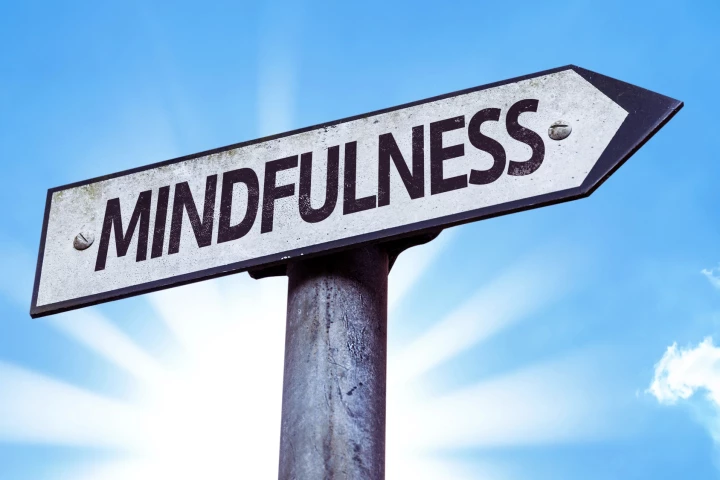Meditation
-
As we're increasingly plugged-in to a 24/7 cycle of news, entertainment and social media, it is becoming harder to find time to switch off to practice self-care. This smart device, with the help of AI, aims to get any brain on the right track.
-
New research has found that mindfulness meditation reduces pain by engaging a distinct brain pathway from the pathway activated by a placebo. The standalone analgesic effect that mindfulness produces could be leveraged to help people living with painful conditions.
-
What does a 450-million-year old land plant have to do with waking you up for work in the morning? Unless you're sleeping on a forest floor, we'd say not a whole lot. Moss Echo is out to change all that, bringing ancient nature into the modern home.
-
In a first-of-its-kind study, researchers have trekked to remote Tibetan Buddhist temples to study the gut microbiomes of meditating monks. The findings suggest the long-term practice of deep meditation could positively impact gut bacteria composition.
-
In a first-of-its-kind study, researchers pitted mindfulness meditation against a common antidepressant in a trial on patients with anxiety. The findings reveal an eight-week mindfulness program was as effective at reducing anxiety as drug treatment.
-
Researchers at Trinity College Dublin have uncovered a neurophysiological link between respiration and cognition, offering a fascinating anatomical explanation behind the long-held connection between ancient breathing-based meditation practices and cognitive benefits.
-
Activities like yoga and meditation are credited with their spiritual benefits, but scientists are discovering a range of physical benefits as well. Now researchers have discovered that activities that link body and mind can actually reverse a genetic process that leads to inflammation and disease.






